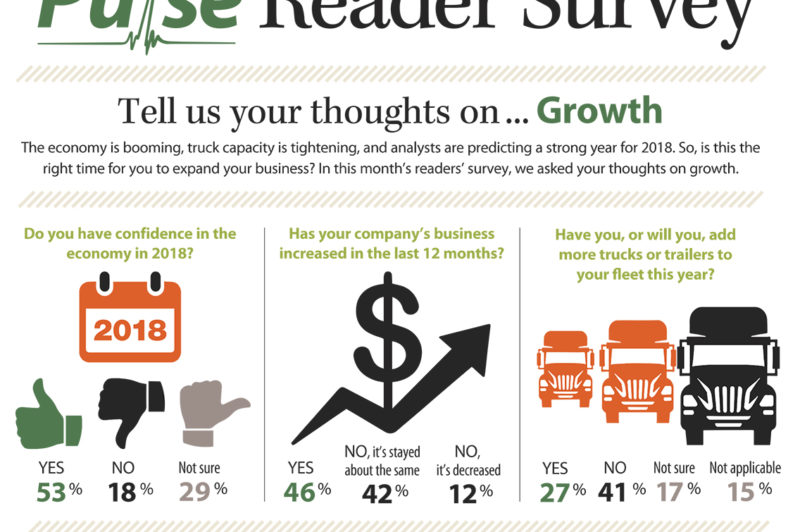
regulations

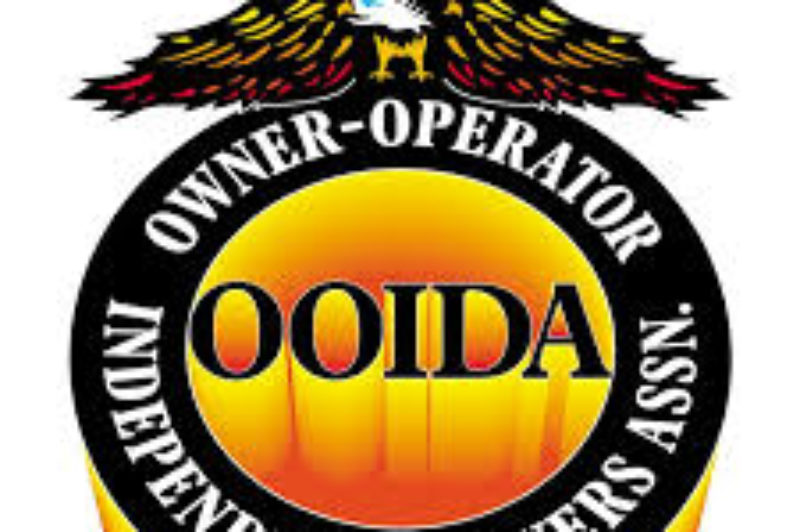

Canadians comfortable with private fleets transporting cannabis: Ipsos
MONTREAL, QC – A majority of Canadians surveyed say they would be comfortable with private or for-hire fleets being responsible for transporting cannabis once it becomes legal in Canada later this year. There are still looming questions about enforcement, growing, storage, and transportation of the drug that will need to be cleared up in time for the summer deadline set by the federal government for legalization.
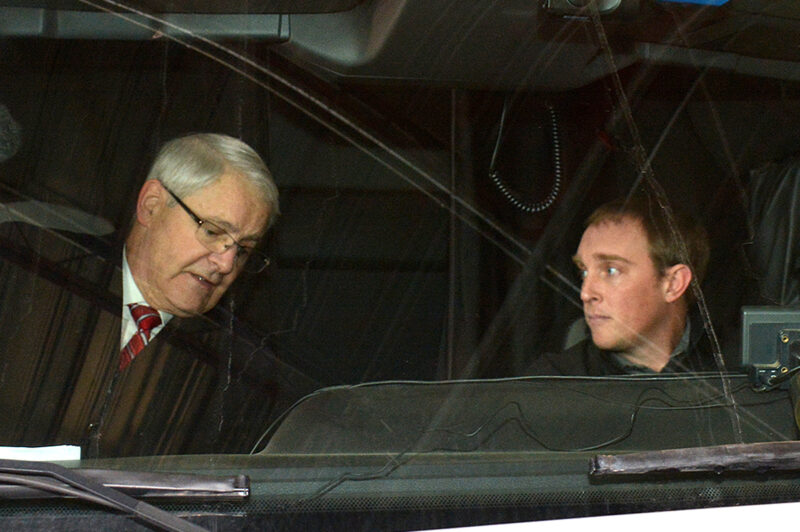
ELD Day for Canada
BRAMPTON, ON -- It ultimately proved to be just a matter of time. On December 18, the same day that the U.S. mandated Electronic Logging Devices (ELDs) to track Hours of Service, Canada’s Transport Minister Marc Garneau took to the podium to unveil plans to introduce similar rules on this side of the border.
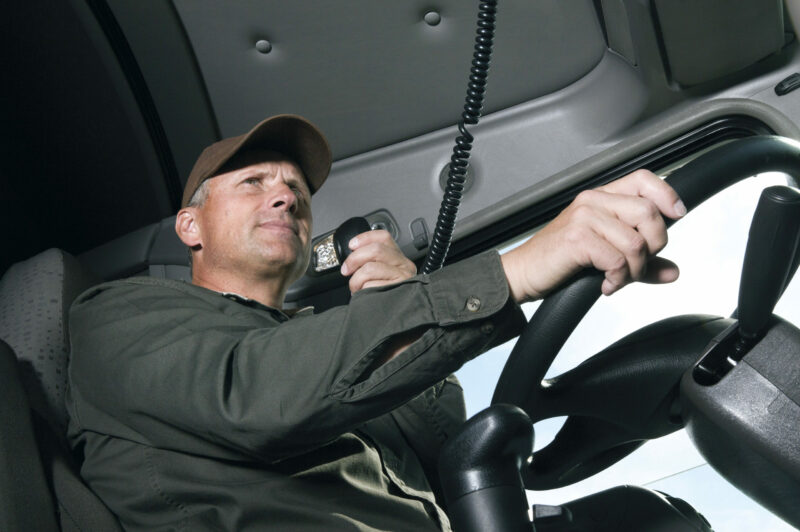
Exemption for CBs extended
TORONTO, ON - Drivers in Ontario can hang onto their CB radios for a little while longer, thanks to a temporary reprieve from a law that would have permanently silenced the units in the new year. An Ontario Ministry of Transportation representative says CBs won't be taken out of cabs until January 1, 2021 - a three-year extension on the earlier January 1, 2018 deadline - to "allow for the development of more viable hands-free technologies." As the first jurisdiction to make the wired CB radio illegal in moving vehicles, Ontario said it was doing so because the devices were a dangerous distraction to drivers. The latest delay is on top of the five-year timeline that was originally introduced to come up with alternatives. The continued exemption will allow the radios to be used by roadside assistance and service vehicles, taxis, street cars, delivery and courier vehicles, and drivers of construction or commercial motor vehicles. It applies to radios mounted on dashboards or worn on clothing. After the new exemption expires, the radios will be off limits for everyone except law enforcement officers, firefighters, and provincial offenses officers.
Livestock haulers to get a 90-day ELD waiver
WASHINGTON, D.C. - The Federal Motor Carrier Safety Administration (FMCSA) is giving carriers who haul livestock a break when it comes to Electronic Logging Devices (ELDs). Regulations come into effect on Dec. 18 making the devices mandatory for carriers in the United States, however the government agency announced it will give a 90-waiver to the agricultural industry, in addition to other efforts to make the transition for fleets easier. The 90-day waiver on the devices will allow agricultural carriers to continue to use paper logging until March 18, 2018 to allow time for the exemption request filed on behalf of the industry to be evaluated, as well as allowing for more input from that segment of the industry. Other efforts have already been announced to help make it easier for fleets to make the move to ELDs, and a significant number of carrier may need the transition period.
New auto carrier regs come to Ontario
TORONTO, ON - The Ontario Ministry of Transportation (MTO) and the Ontario Trucking Association (OTA) have announced a "made-in-Canada" approach to harmonizing regulations for Stinger-Steer auto carriers. Earlier this week MTO launched the Extended Stinger-Steer Auto Carrier (ESSAC) Special Vehicle Configuration Permit Program. Carriers and other industry groups have been asking for an overhaul to the Ontario regulations surrounding the auto carriers since the passage of the FAST act in the U.S. in 2015 changed regulations to things like length, and front and rear load overhang limits south of the border.
Teamsters back proposed regs for port drivers
WASHINGTON, D.C. - The Teamsters are standing behind two bills introduced this week in the United States designed to make jobs safer and more equitable for drivers working in major U.S. Ports. The bills, called the Clean Ports Act of 2017 and the Port Drivers' Bill of Rights, are being introduced by representatives Grace Napolitano (D-Calif.) and Jerrold Nadler (D-N.Y.) after a USA Today report in June found clean air regulations banning older model vehicles for drivers working in ports were creating an environment of indentured servitude for drivers. Drivers were being forced to sign what the bills call exploitive truck lease or rental agreements.
U.S. regulators drop mandatory sleep apnea testing
WASHINGTON D.C. - Federal regulators in the United States will no longer be looking to make tests for moderate-to-severe obstructive sleep apnea mandatory for truck drivers or railway engineers. The Federal Motor Carrier Safety Administration (FMCSA) and the Federal Railroad Administration (FRA) revealed last week that they are withdrawing their March 2016 notice seeking the changes for those in safety sensitive positions in highway and rail transportation.
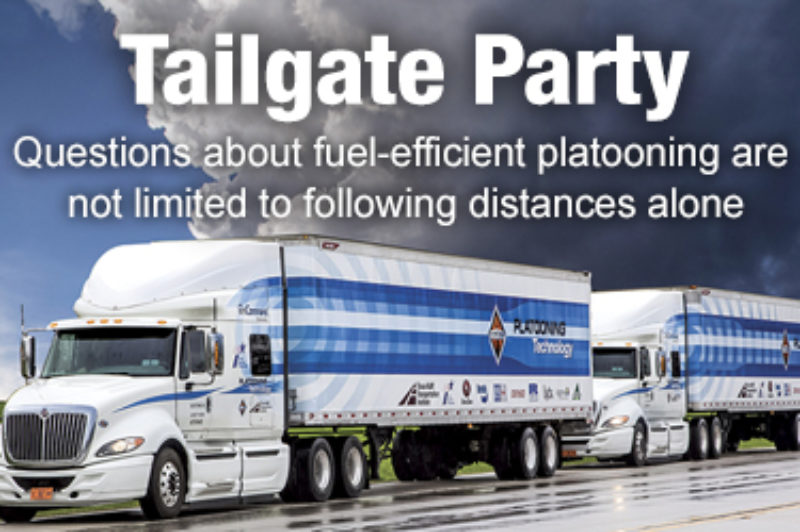
IN PRINT — Tailgate Party: Platooning questions involve more than tech
Nike wants a runner to complete a marathon in under two hours, but the target will involve more than the company's swoosh-marked shoes. Other marathoners will take turns running in the controlled race, helping to optimize the aerodynamic conditions that can be leveraged by the record hopeful who will tuck in behind them. It's not the only sport to leverage the pulling forces of "drafting". The concept has been used everywhere from cycling's Tour de France to the ovals of NASCAR. With the help of emerging technology such as adaptive cruise control and collision mitigation systems, trucking could be on the cusp of realizing the same techniques - using automatically set following distances in a process known as platooning.
Alberta assistant deputy minister outlines provincial plans
BANFF, AB - Shaun Hammond, Alberta Transportation's assistant deputy minister - safety policy and engineering, offered government views on a broad range of issues during the Alberta Motor Transport Association's annual meeting in Banff on Friday.